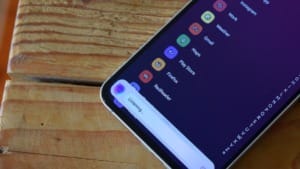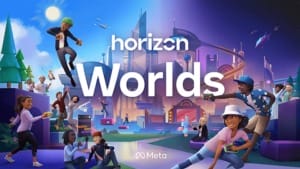LinkedIn’s ID verification programme builds trust and momentum
LinkedIn’s ID verification now covers 55 million users, enhancing trust with government ID checks and setting a new standard in professional networking.

LinkedIn’s push for identity verification among its users is gaining ground, with the platform now reporting a significant milestone of 55 million verified profiles. The company introduced ID verification in 2022 to combat fake accounts, reduce spam, and build user trust, enabling members to confirm their identity using government-issued IDs. Verified profiles feature a white check mark, signalling to others that LinkedIn has confirmed the account holder’s authenticity, creating a more trustworthy environment for professionals to connect and collaborate.
Table Of Content
Boosting security with government ID checks
LinkedIn’s ID verification system is free for users, which is made possible through partnerships with external providers like CLEAR and Persona. These collaborations allow LinkedIn to conduct identity checks without burdening its internal team, streamlining the process and ensuring that verification remains accessible to users worldwide. By outsourcing verification to these trusted third-party providers, LinkedIn can focus on enhancing user experience rather than handling the manual labour of ID checks, which could become time-consuming with such a large user base.
Although 55 million verified users represent a small portion of LinkedIn’s estimated 300–400 million monthly active users, the numbers still mark substantial progress. This uptake makes LinkedIn the social platform with the most extensive verified user base—surpassing other major networks like Meta and X (formerly Twitter), whose ID verifications are mostly tied to paid subscription services. Meta, for example, offers ID verification as part of its Meta Verified service. Still, it has yet to release the number of subscribed users, hinting at modest traction compared to LinkedIn’s adoption.
Building trust in the professional network
LinkedIn aims for this verification programme to encourage more users to complete the process, fostering a reliable and trustworthy space for professional networking. Verified accounts stand out from unverified ones, encouraging others to confirm their identity to avoid appearing less credible. More professionals joining the verified ranks could create momentum, compelling others to follow to maintain visibility and credibility.
This programme also protects LinkedIn users from potential interactions with fake accounts or bot-driven profiles, a common issue in social networking. With increasing companies and individuals choosing LinkedIn for job searches, professional networking, and business collaborations, the need for genuine connections has grown significantly. ID verification helps ensure that connections are real people with verified credentials, which is especially valuable for recruiters, job seekers, and anyone seeking meaningful professional connections.
However, some users have expressed concerns about privacy, particularly regarding data shared with third-party verification providers. While LinkedIn has chosen reputable partners with solid data protection practices, users are advised to consider this aspect when verifying.
Addressing the challenge of AI-driven content
While ID verification can confirm users’ authenticity, LinkedIn faces additional challenges in maintaining transparency. The platform has encouraged generative AI for various purposes, such as drafting posts and responding to messages. This AI integration, while beneficial for content creation, can sometimes make it difficult to gauge whether shared content truly represents a user’s personal perspective or professional insights.
LinkedIn’s verification efforts and its position as the most verified social network mark a significant step toward addressing these challenges. By verifying profiles, the platform offers a degree of assurance that the people behind the posts are genuine, even if the content itself is AI-assisted. The hope is that LinkedIn’s commitment to user verification will strengthen the platform’s reputation, setting a standard for other networks grappling with bots and generative AI.
LinkedIn’s ID confirmation initiative may not be mandatory, but its success indicates a positive reception from users seeking a more secure, trustworthy professional environment. Suppose you haven’t verified your LinkedIn ID yet. In that case, it may be worthwhile, particularly as more regions gain access to similar verification options for recruiters and company pages, further boosting confidence in LinkedIn as a platform for legitimate professional connections.
















